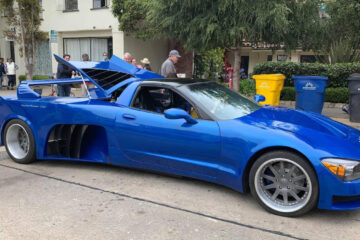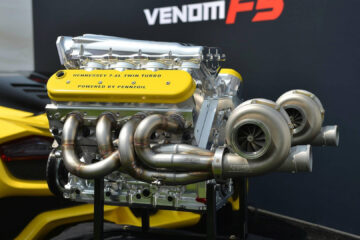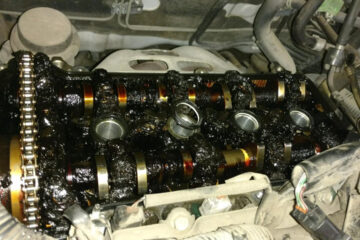11. Improper Tuning or Aftermarket Mods — Power at the Expense of Longevity
Aftermarket modifications can be great — if done properly. But often, engines are “tuned” for more power without considering supporting components like the fuel system, cooling, or internals. Poor ECU remaps, budget turbo kits, or mismatched intakes can lean out the air-fuel mixture, overboost turbos, or cause premature detonation (knock).
Even seemingly minor mods like cold air intakes or straight-pipe exhausts can disrupt fuel trims and engine timing if the ECU isn’t calibrated accordingly.
Common results of bad tuning:
- Burnt valves
- Detonation damage
- Accelerated wear from high cylinder pressures
Prevention tip:
Always use a reputable tuner and ensure all upgrades are matched — fueling, cooling, and ECU tuning must work together. Monitor engine health with tools like wideband O2 sensors or knock detection.
12. Overloading or Towing Beyond Limits — Torque Isn’t Infinite
Engines are rated to handle specific loads — exceed them, and you’re inviting problems. Towing heavy trailers, overloading a van, or even climbing long inclines at full throttle with a full load causes the engine to run hot, labor harder, and sometimes knock under stress.
Diesel engines are generally better-suited for towing, but even they suffer when worked beyond their design. Gasoline engines, especially small-displacement ones, are more vulnerable to overheating, early wear, or even catastrophic failure if pushed too far.
Signs of engine overload:
- Loss of power on hills
- Overheating under load
- Detonation or pinging sounds
Prevention tip:
Always check your vehicle’s towing and payload rating. Use lower gears on hills, ensure your cooling system is healthy, and avoid flooring it when pulling a trailer uphill — that’s when engines blow.







0 Comments